Recently, the incident of students of Van Phu Secondary School (Son Duong District, Tuyen Quang) forcing a teacher against the wall and swearing has caused public outrage and anger. I think that the principal of this school may have been lax in management and lacked empathy with colleagues and students.
I would like to tell my story of teaching to prove that if the principal is close, knows how to listen, share, and is tolerant with teachers, staff, and students, school violence will be minimized, contributing to building a happy school.
The principal yelled at the teacher, the students looked down on the teacher.
I used to teach at a private school in Ho Chi Minh City. Every morning, if students did not walk straight or talked while lining up to enter the classroom, the vice principal would immediately use a loudspeaker to criticize the homeroom teacher.
The principal or vice principal, as soon as they discover a noisy class, immediately enters the classroom and yells at the students and teachers: "What kind of teaching are you doing that makes the classroom look like a market?" or "Is this how I pay you to work?"
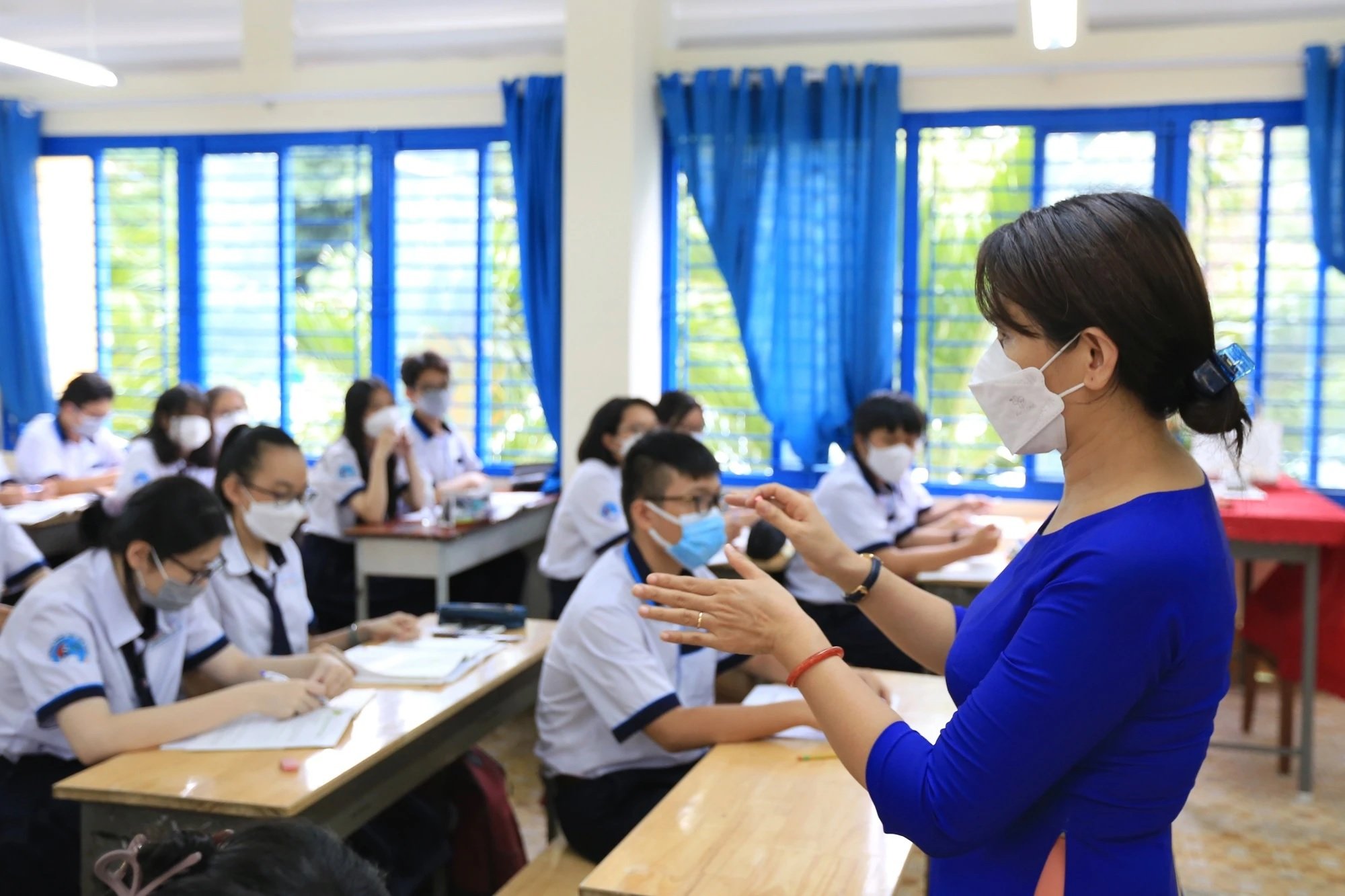
Principals need to share with teachers and students.
ILLUSTRATION: DAO NGOC THACH
The behavior of the school board makes many students look down on their teachers. Students argue with teachers all the time, many even curse and beat teachers...
The principal never raises his voice to the teachers.
After that, I transferred to a public school and was lucky to meet a principal who was dedicated to education, treated teachers and staff with compassion and was very loving to students. My principal never raised his voice at teachers or students, but everyone respected him and did not dare to do anything wrong.
In my first year, I was assigned to be the homeroom teacher of a 12th grade class with many students who were poor in their studies and often violated the rules and discipline. During one time when I was disciplining a student, out of anger and lack of composure, I beat a male student many times.
When the principal found out, he called me into his office, gently analyzed my mistake, and then asked me to write a commitment not to repeat it. What impressed me was that the principal did not criticize me before the pedagogical council meeting. This was also a way for me to save my reputation as a teacher.
When I was the team leader managing 15 teachers, I initially felt uncomfortable because there was a teacher who was not yet proficient in his profession despite his years of teaching experience. My colleagues sensed this and shared it with the principal.
The principal met me and said that if my colleagues were not yet proficient in their expertise and skills, I had to hold their hands and guide them with experience, enthusiasm and wholeheartedness to demonstrate the role, responsibility and mettle of a team leader.
I listened to the principal and patiently gave my colleagues feedback on their lesson plans and lectures. After just one year, my colleagues improved significantly and became more confident in their teaching. Without the principal’s careful guidance, my treatment of my colleagues would have been worse.
Once, during a debate with the principal about teacher policies, the leader said I misunderstood the issue. But I was not convinced, and even unfriended the principal on Zalo.
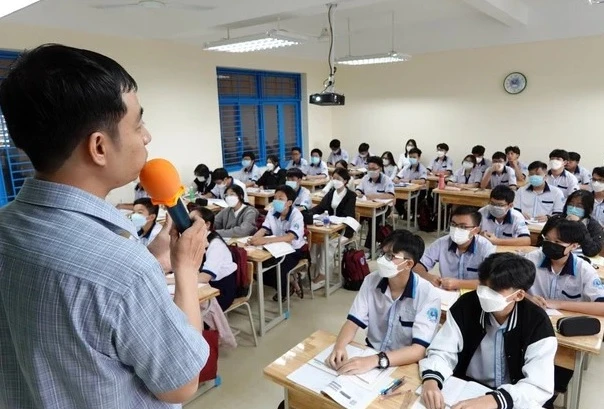
Sharing and tolerance are factors that create civilized behavior in the school environment.
ILLUSTRATION: DAO NGOC THACH
The principal calmly sent a friend request back. When he met me at dinner, he half-jokingly said that I was still immature so he didn't take it to heart. Thanks to this statement and the principal's tolerant behavior, I have grown up a lot.
From my own story, I think that a principal who knows how to listen, share, and be tolerant with teachers and students are the prerequisites for creating civilized behavior in the school environment.
Patience is needed in teachers.
School violence can come from many causes, but first and foremost from the teacher. The teacher's un-pedagogical punishment (fining money, scolding, being expelled from class...) can make students angry and ashamed. Students may even fight back or scold back, not daring to go to class, but posting their feelings online or requesting a change of teacher or asking for intervention from parents...
Some teachers bring their family frustrations into class, venting their anger on a few problem students, causing the whole class to suffer. Or teachers treat them unfairly, favoring a few students who attend extra classes, or whose parents often care about teachers during holidays and Tet...
Another reality is that parents' mindset of "everything depends on the teacher" makes it difficult for teachers to teach.
For example, subject teachers devote all their heart and creativity to each lesson, but students still study in a deviant way, blatantly taking lessons from other subjects to study (or skipping lessons to study other subjects). Feeling offended, some teachers invite parents to the school to discuss and find ways to educate their children. At that time, teachers receive statements like buckets of cold water thrown in their faces: "I allow them to study in a deviant way. If they don't study in a deviant way, how can they pass the university entrance exam?"
Not to mention, when students violate ethics, fight, some parents blame the homeroom teacher for not being attentive, then ask to change classes, change schools. Students do not study, do not prepare lessons, joke around, are disrespectful in class, are punished, parents go to school to curse, even beat teachers. Students who do not achieve the title of excellent student, advanced student, parents show students how to file a complaint to the school board.
Previously, working at a private school, I taught a class with many students who systematically violated rules, did not respect teachers, were not afraid of discipline, were not afraid of being expelled, were not afraid of having their conduct grade lowered, were often noisy, used foul language, did not copy homework... and of course, they were not afraid of doing a self-criticism or inviting their parents.
A subject teacher chooses the peaceful way, ignoring the students who want to learn, ignoring the mistakes and ignorance for safety. Some others just cry, then after a short time quit teaching; some teachers who are still passionate about their profession remind, punish, discipline, and invite parents.
Many days, I was so angry that I choked, but I had to restrain myself from saying anti-pedagogical and insulting words to the students. Many days after class, wherever I went, I was always worried about the violations of students, always wondering how to handle them in a reasonable and appropriate way that would have a positive impact on the class.
Dao Dinh Tuan
Source link



![[Photo] Prime Minister Pham Minh Chinh receives Deputy Prime Minister of the Republic of Belarus Anatoly Sivak](https://vstatic.vietnam.vn/vietnam/resource/IMAGE/2025/4/2/79cdb685820a45868602e2fa576977a0)
![[Photo] Prime Minister Pham Minh Chinh receives CEO of Standard Chartered Group](https://vstatic.vietnam.vn/vietnam/resource/IMAGE/2025/4/2/125507ba412d4ebfb091fa7ddb936b3b)
![[Photo] General Secretary To Lam receives Russian Ambassador to Vietnam](https://vstatic.vietnam.vn/vietnam/resource/IMAGE/2025/4/2/b486192404d54058b15165174ea36c4e)


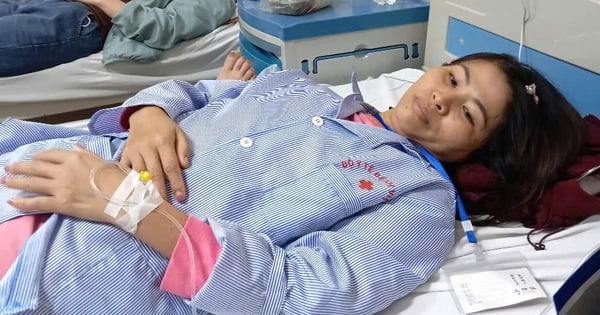










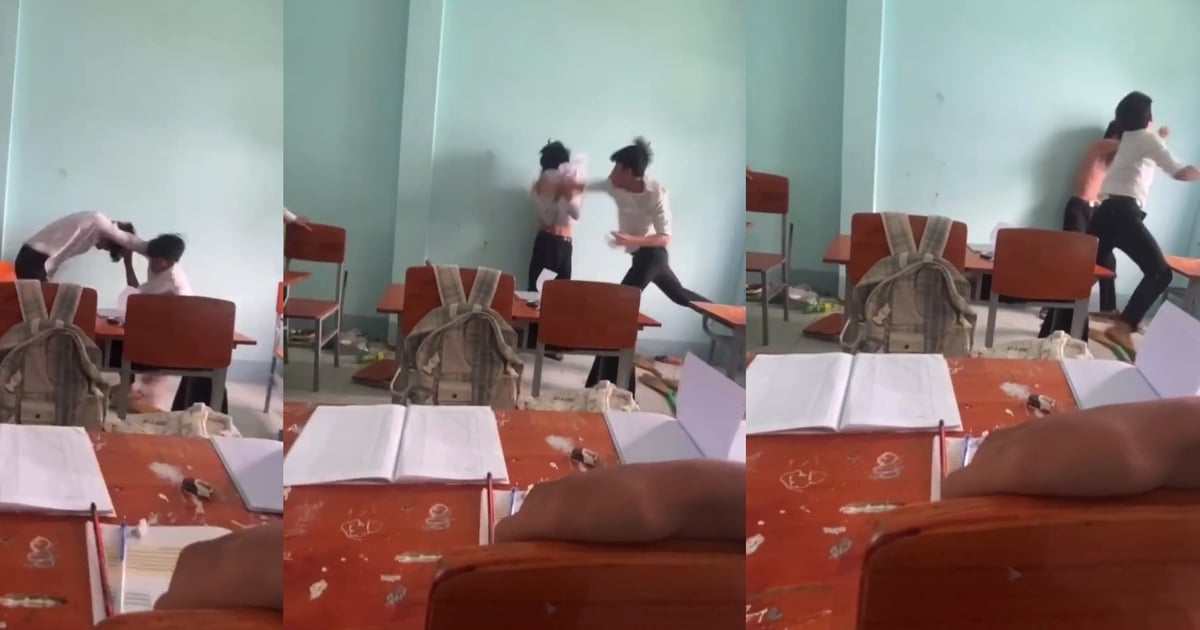
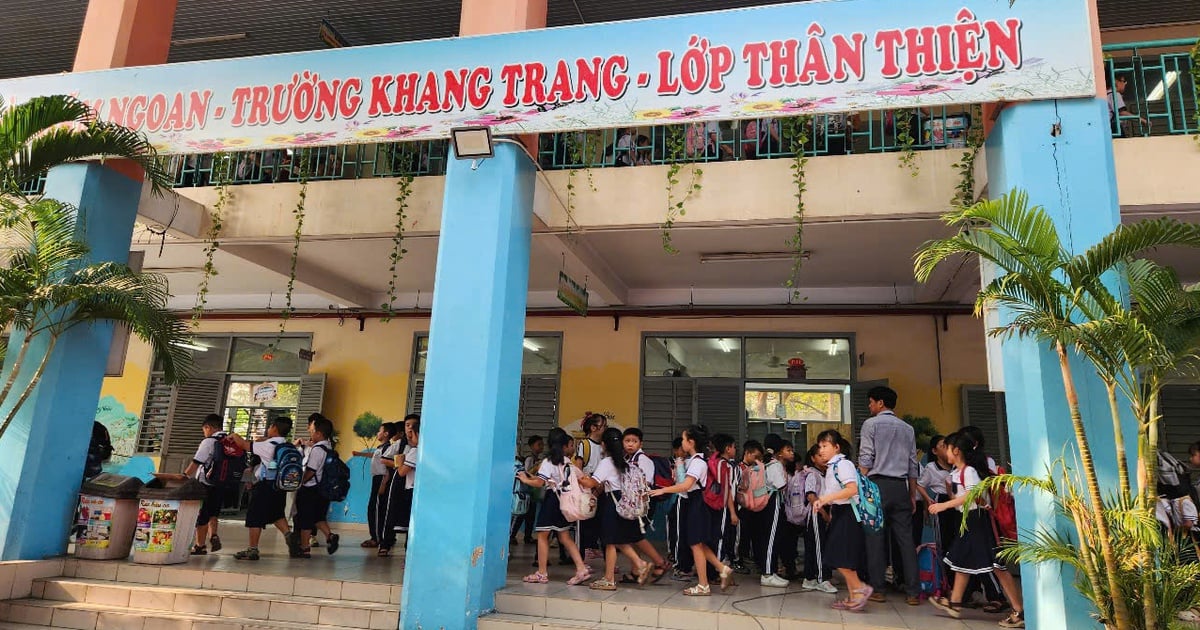
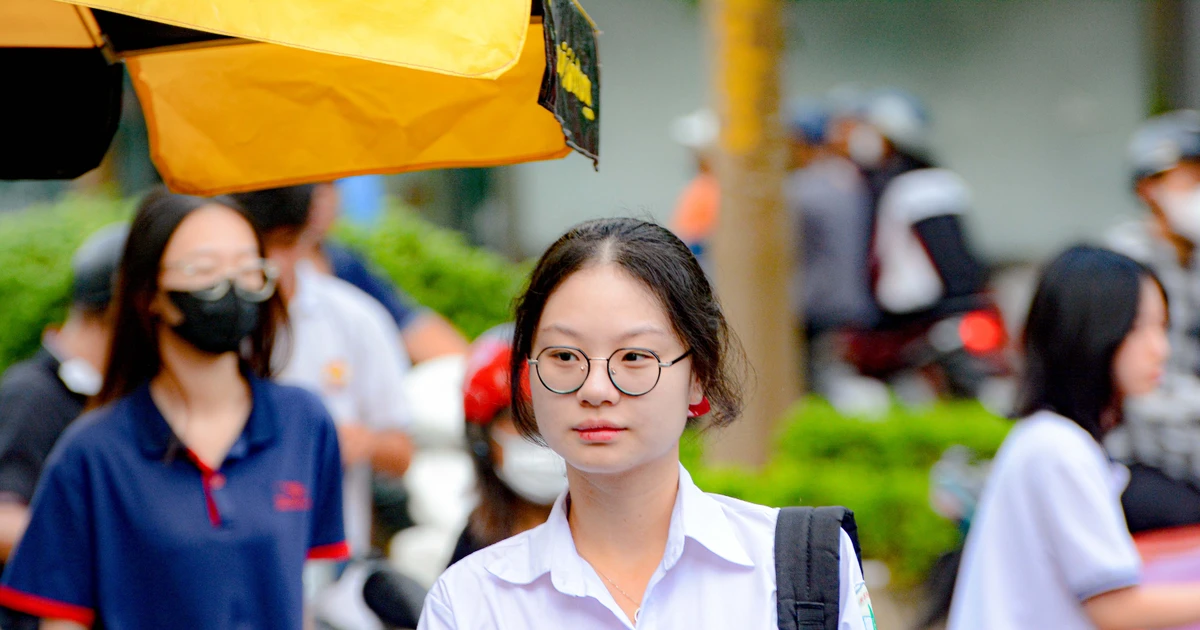


























































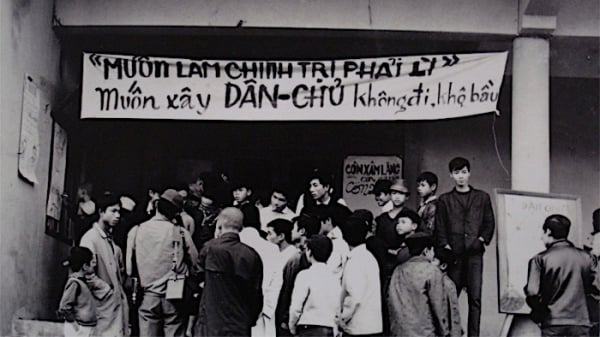














Comment (0)